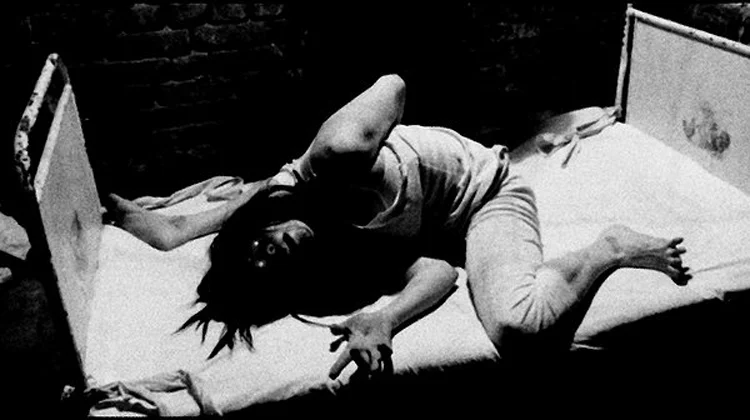"There are more Chinese restaurants in America than McDonald's, Burger King, Wendy's, and Kentucky Fried Chickens combined. Dishes like General Tso's chicken and egg rolls are completely indigenous to America. 364 days of the year, Americans eat Chinese food and one day of the year they eat turkey. Thanksgiving is the number one day of the year for Chinese weddings in America. If our benchmark for Americanness is apple pie, you should ask yourself how often you eat Chinese food versus how often you eat apple pie." - Ugly Delicious, episode 7.
For our sixteenth episode of the Plan A Magazine podcast, Teen Sheng, Filip Guo and I discuss the Ugly Delicious and whether or not David Chang is the most woke Asian American thought leader today. Check it out here:
In the eyes of many white Westerners, European fine dining is the most respected of all the cuisines and held to the most esteem while Asian cuisine and restaurants (with the exception of Japanese) are seen as inferior, cheap and dirty. It's also pretty commonly known that white people will rate a restaurant differently on Yelp than an Asian person. (White people tend to care more about ambience, friendly service and clean bathrooms while Asian people just want to know about the food.)
Famed Momofuku chef David Chang's new eight-episode series for Netflix, Ugly Delicious, had me really thinking about anti-assimilation (a stance I believe all Asian Americans should take) and what it means to be pro-Asian. My favorite parts of the show were the scenes with him and Korean visual artist David Choe (who needs his own show, by the way). Chang's stance is super pro-Asian throughout the show. Like, he basically shits on Cajun food in New Orleans and says it would be so much better if all of them just did it the Viet-Cajun way. I would agree. In the Italian stuffed pasta versus dumplings episode, he went out of his way to show the love and care and craftsmanship that goes into the making of Asian dumplings by visiting a rural Chinese village to participate in the preparation of a meal. In another episode, he pretty much broke down in tears after trying a Tokyo chef's painstakingly made Yakitori. While the topic of anti-Asian racism comes up in almost every episode, he goes in depth and explores the history of the Chinese Exclusion Act in his fried rice episode. Major props to Chang for bringing this up, since it is never taught in American History classes nor talked about in mainstream media until now.
Chang loves to challenge tradition. He is all about, "who cares about tradition, let's just make it delicious." And that serves as the launching pad for a deeper conversation about acceptance. In episode four, he goes in depth about how the KKK had to get involved when Vietnamese refugees in Louisiana started getting into the shrimping business. If people can't accept crawfish over shrimp or shrimp over crawfish, imagine how hard it is for people to accept people of a different ethnicity.
I'll admit that I've never been to any of David Chang's restaurants, but I've made some of the recipes from his cookbook and they were VERY tasty. I have had a soft spot for Chang ever since he publicly declared his dislike for cooking for vegetarians. Who doesn't hate cooking for them? Before Momofuku Noodle Bar was a huge hit and people were lining up outside every night to get in, Chang received a phone call from a vegetarian customer who screamed at him because it was miscommunicated to her that the broth that came with her order was vegetarian and it wasn't. He got so pissed that the very next day, he removed all vegetarian dishes from his menu. In addition, he added pork to almost every other dish. It was such a middle finger to vegetarianism (the American kind) and it was an absolute, utter delight.
Ugly Delicious asks a lot of philosophical questions: Is it okay for outsiders to culturally appropriate ethnic cuisines? And what makes food “the best”? Is it the quality of the food itself or the experience that the diner derives from it? Chang posits that the best way to talk about, and understand, food is to not see anything in black-and-white terms. It’s better to ask questions and accept there’s more than one right answer.






























I usually do a write up of the events I’ve organized or hosted and my most-read articles at the end of the year. This was an unusual year (obviously, there is no need to go into it here) so I didn’t bother. Instead I want to highlight a project of mine that I am particularly proud of — it’s my new podcast show, Unverified Accounts, that I cohost with my frequent collaborators, Chris Jesu Lee and Filip Guo. If you're a big movie/TV/book buff, have leftist sympathies, but can't stand 'wokeness' dumbing down our culture, then we're the podcast for you. So far in our 25 episodes, we’ve covered a range of contentious topics.